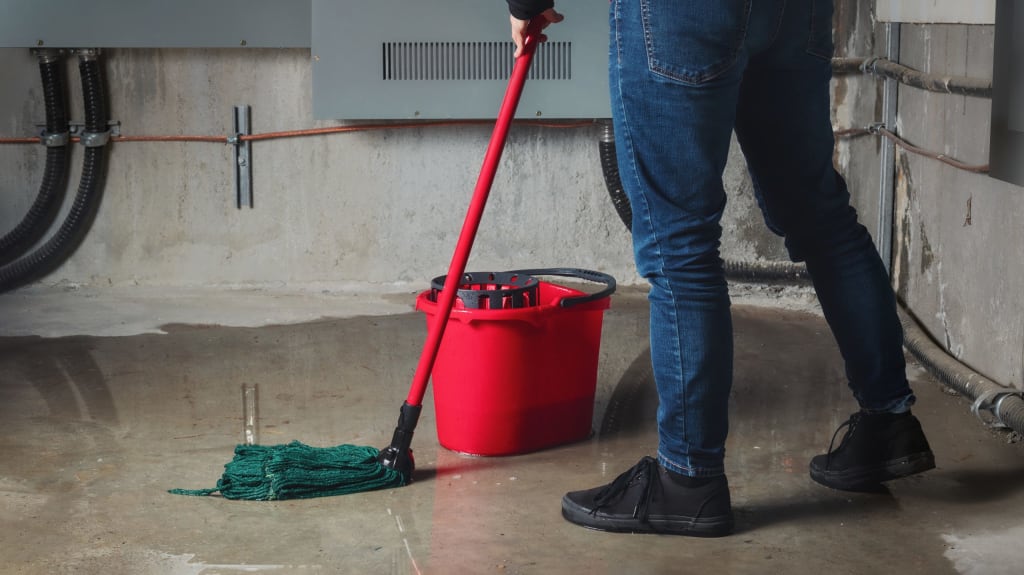Home renovation projects can be very stressful. Your home is a mess, you might have to move out, and you’re constantly paying bills for labour and materials. The best way to maintain a lower stress level is to hire a qualified renovation contractor. Of course, you’ll also want to have a good relationship with them. And, don’t worry, it’s normal to be unsure whether or not you’re speaking to the right contractors, especially if you’re unfamiliar with their background and past work.
We’ve all heard the many horror stories out there of shoddy work, majorly delayed or unfinished projects, stolen deposits and the like. You need to be confident the contractor you choose is reputable and trustworthy.
Here are some tips on how to find that person.
Start with three competing Verified Contractors
RenoAssistance was founded to help homeowners connect with qualified contractors. In order to become a Verified Contractor, RenoAssistance verifies that the company has all the required business licenses, expertise, warranties, and customer references, as well as checking their credit report and any legal records for potential red flags. We will even provide homeowners with a Verification Report for each contractor we refer that details our assessment.
With RenoAssistance’s help, you’ll get up to 3 quotes from 3 Verified Contractors, at no cost, no obligations.
Before committing to any project, it’s best to get estimates from at least two or three different contractors. Doing so will help you get a fair price. Plus, each contractor might present different options to achieve your renovation goals. When asking the contractors to prepare their quotes, make sure each is bidding on the same or similar design and materials so that you can fairly compare prices. RenoAssistance provides homeowners with three PerfectMatch™ quotes from contractors specifically chosen to do the type of work you are looking for. To find the right contractors for your project, you can or give us a call at 1-888-670-9742.

Check contractor references
Even if a contractor is highly recommended by a friend or family member, make sure they’ve got all the required licences and insurances. You can check that a contractor is licensed by looking them up on the Service Ontario website. Most municipalities also have online databases with company license, such as the City of Toronto licence database. The Regie Du Batiment Quebec (RBQ) is the equivalent resource for Quebec residents, though it’s not necessarily indicative of contractor quality or trustworthiness. You should also check for the business’s name on the Better Business Bureau’s website and Consumer Beware List to see if they have any unresolved complaints. Note that if you find a contractor through RenoAssistance, this verification has been taken care of for you.
Ask for referrals from previous clients. Of course, a contractor isn’t going to provide you with contact information of rather unhappy client, but a quick call with a few of their recent clients can give you some valuable knowledge about their work habits, like: do they arrive to work on time? Do they work late hours? Do they leave the worksite clean or messy? And so on. Hearing a past client’s testimonial over the phone will allow you to see how genuine they truly are.
You should also ask your contractor if they are a member of any trade associations. These organizations usually have some minimal criteria for contractors to be eligible for a membership. In some cases, they can help mediate and resolve issues with the work. Being part of these kind of associations forces contractors to be on top of things, so you’re likely to find a decent contractor to work with.
Liens and Legal Disputes
A construction lien is a claim made by a contractor or other professional. It’s against a property for which they have rendered services and not received payment. This liens provides the professional with a legal right to the property in lieu of payment. It’s the same way a bank can secure a loan and have an individual’s assets as collateral. Construction liens are designed to protect contractors from not receiving payment for the work they have done on a property.
A construction lien placed on the property against a general contractor can indicate that the contractor has yet to or has been unable to pay sub-trades on a previous project, potentially due to financial issues. If a lien is placed on a property by the general contractor, it can indicate issues with receiving payments for past work.
Statements of claim are another form of legal action that occur during disputes. They can be attributed to many different scenarios. A contractor with an extensive history of legal action can mean that they aren’t in a good financial position. Or, it can mean that the quality of their past work and dealings with stakeholders has been less than satisfactory.
Besides referring to publicly available databases, RenoAssistance monitors our contractors for daily updates regarding new registrations of construction liens and statements of claim, both as defendants and plaintiffs. We will even provide these details in the verification report you’ll receive before you meet with them. By diligently monitoring the legal history of these companies and professionals, we aim to provide you with peace of mind as the situation of any contractor can change abruptly.
Get it in writing
A verbal ballpark estimate is fine for getting an initial sense of cost. However, if you’re going to work with a contractor you need to a have a formal, written contract. This is separate from a written quote as it will stipulate necessary legal notes. It will also require a signature from both parties. This document is crucial. In the event anything goes wrong, this will be the agreement you can fall back on, so read carefully.
Obviously, the price is important. But don’t necessarily go for the lowest bid, particularly if it’s significantly lower than the others. That could indicate that the contractor is planning on using cheaper materials or that they anticipate extra costs. If they neglect to mention any of this, it is definitely not a good sign. If something does seem suspiciously low, ask why. Do your research on the type of materials you want and specify them so they are including accurately in your estimate.
Payment Schedules
When you’re negotiating the price, ask what sort of payment schedule the contractor expects. Most contractors will expect a small down payment (say, 10 percent of the total job) to cover the initial material costs. It is also to make sure you are serious. If they ask for a larger amount, it could indicate they’re having financial troubles. An in-depth financial reference check is conducted by RenoAssistance to assess their cash-flow. We also check their credit rating and that their accounts with suppliers are in good standing. Make sure you’re allowed to hold back a portion of the payment until the end once of the job.
In addition to the agreed-upon price, the contract should include start and completion dates, payment schedule, and specific details about the project and the materials to be used. Any changes to the scope that come up during the work should also be written down. There should be no surprises when it comes time to pay the final bill.
Let RenoAssistance take out the guesswork
For more information, visit our Contractor page or speak to an advisor on 1-888-670-9742 who will work to understand the requirements for your project and can refer up to three Verified contractors in your local area to quote on your project. All our contractors have had to meet our strict Verification criteria. This includes impeccable client and supplier references, proven financial stability, valid licences and insurance, satisfactory legal history, government and HST registration, and more. We aim to provide quotes from three contractors to ensure there is adequate competition for your project and you get the right price.
Give us a call now or fill out our contact form and an advisor will give you a call at your convenience.
Happy renovations start here!





